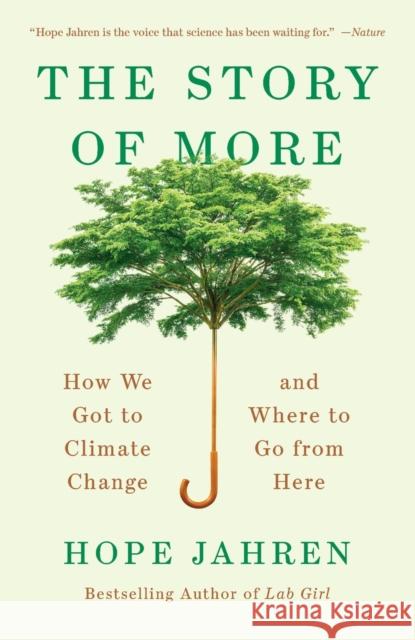The Story of More: How We Got to Climate Change and Where to Go from Here » książka
topmenu
The Story of More: How We Got to Climate Change and Where to Go from Here
ISBN-13: 9780525563389 / Angielski / Miękka / 2020 / 224 str.
The Story of More: How We Got to Climate Change and Where to Go from Here
ISBN-13: 9780525563389 / Angielski / Miękka / 2020 / 224 str.
cena 58,02 zł
(netto: 55,26 VAT: 5%)
Najniższa cena z 30 dni: 58,02 zł
(netto: 55,26 VAT: 5%)
Najniższa cena z 30 dni: 58,02 zł
Termin realizacji zamówienia:
ok. 8-10 dni roboczych
Bez gwarancji dostawy przed świętami
ok. 8-10 dni roboczych
Bez gwarancji dostawy przed świętami
Darmowa dostawa!
Kategorie:
Kategorie BISAC:
Wydawca:
Vintage
Język:
Angielski
ISBN-13:
9780525563389
Rok wydania:
2020
Ilość stron:
224
Waga:
0.23 kg
Wymiary:
20.07 x 12.95 x 2.03
Oprawa:
Miękka
Wolumenów:
01
Dodatkowe informacje:
Bibliografia











